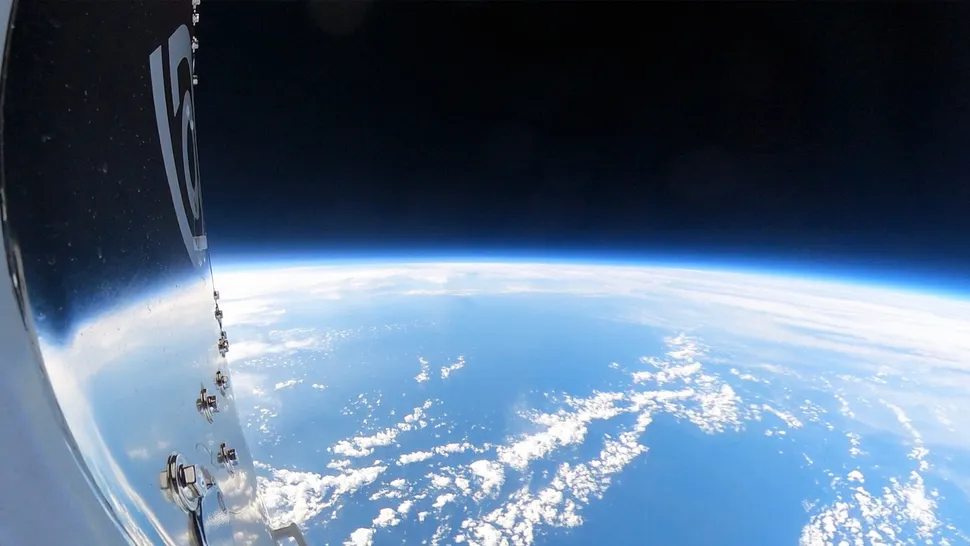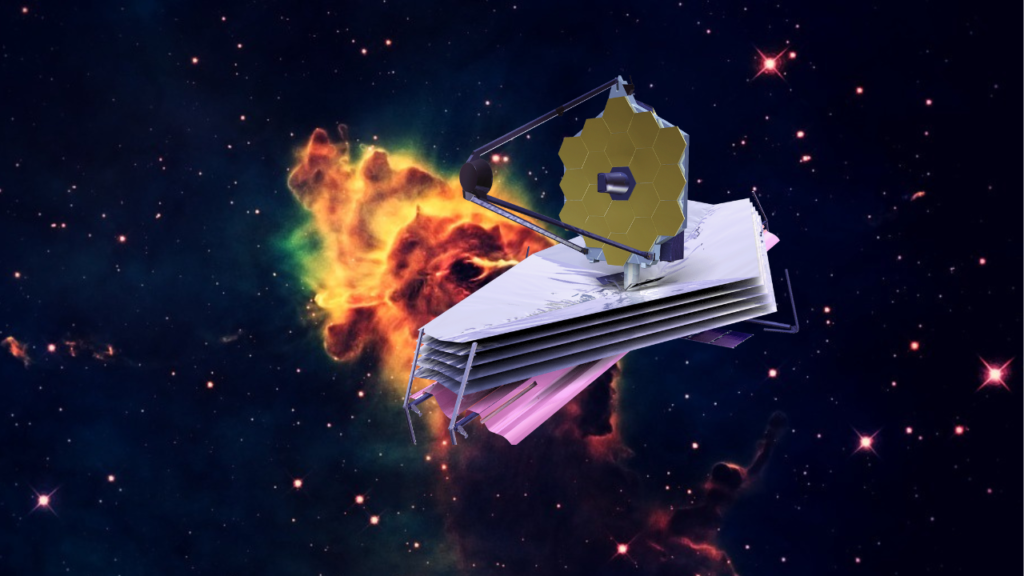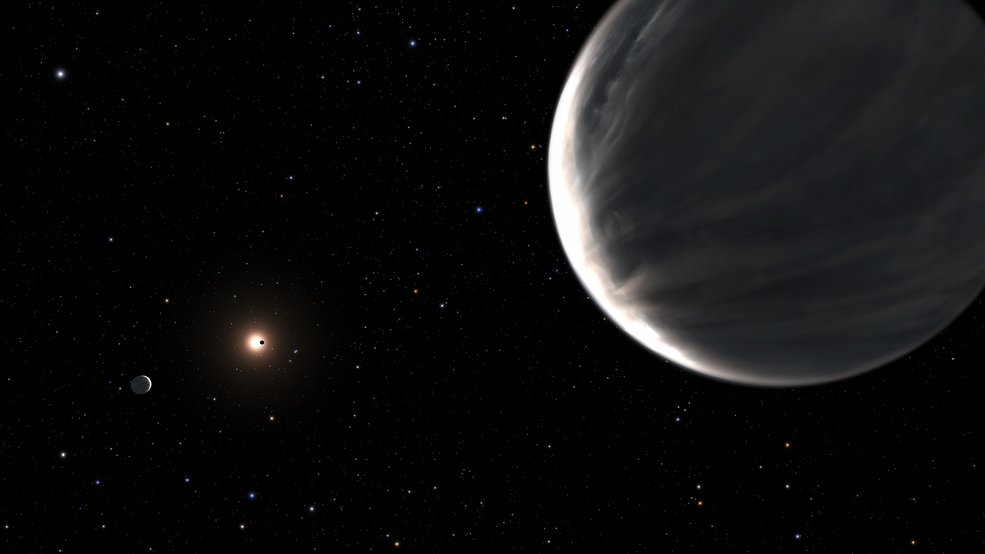Richard Branson is going back to his balloon roots.
The Virgin Galactic founder made record-breaking hot-air balloon flights across the Atlantic and the Pacific in 1987 and 1991, respectively — and he’ll soon take to the winds again, serving as co-pilot on the first crewed flight by Space Perspective, a Florida-based stratospheric ballooning company. That landmark mission is expected sometime in 2025.
“Some of the most magnificent experiences of my life have happened on ballooning expeditions, and I’m excited to support Space Perspective in its journey,” Branson said in an emailed statement today (Oct. 17). “I look forward to dusting off my old ballooning license ahead of some magnificent test flights.”
Branson has also invested in Space Perspective, which has raised $100 million to date, according to the statement.
“I’m passionate about adventure and helping fellow entrepreneurs reach their business dreams,” he said
Space Perspective plans to send paying customers to the stratosphere using a giant, hydrogen-filled balloon and an eight-passenger crew capsule called Spaceship Neptune.
It will be a much different experience than the rocket-powered suborbital rides offered by Virgin Galactic and Blue Origin, Jeff Bezos’ aerospace company. For example, each Space Perspective flight will be long and leisurely, traveling at the average speed of the wind and lasting roughly six hours.
Spaceship Neptune is designed to keep people happy for such long jaunts. It’s large enough to walk around in, for example, and features big windows, a bar and a fully appointed bathroom.
Spaceship Neptune will reach a maximum altitude of about 20 miles (32 kilometers) — far below the boundary of space, which is either 50 miles (80 km) or 62 miles (100 km), depending upon whom you ask. But that’s still high enough to get breathtaking views of Earth against the blackness of space, according to the company.
Branson will get to compare the Spaceship Neptune experience with a suborbital trip; he went to the final frontier aboard Virgin Galactic’s VSS Unity space plane in July 2021.
Branson will be joined on the upcoming crewed flight by Space Perspective co-founders Taber MacCollum and Jane Poynter, who will also serve as co-pilots.
“Richard’s pioneering efforts in the ballooning industry were a key inspiration for us when we founded Space Perspective,” Poynter said in the same statement. “We are now on a mission to give Explorers breathtaking views of the Earth against a black sky, and do so gently in a way that only balloons enable.”
More than 1,800 people have reserved a seat aboard Spaceship Neptune, for $125,000 a pop, according to the company. For comparison, Virgin Galactic currently charges $450,000 for a ride to suborbital space. Blue Origin has not released its ticket prices.
Source: https://www.space.com/richard-branson-co-pilot-space-perspective-balloon-flight



